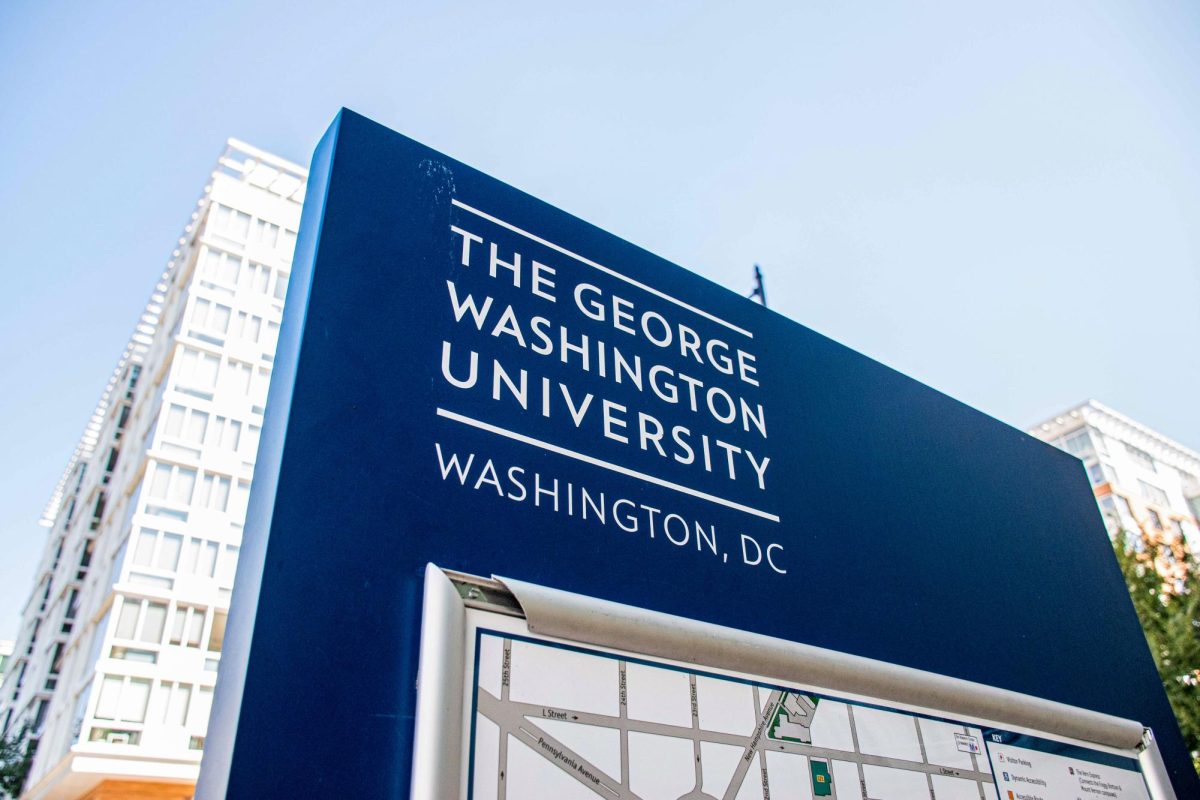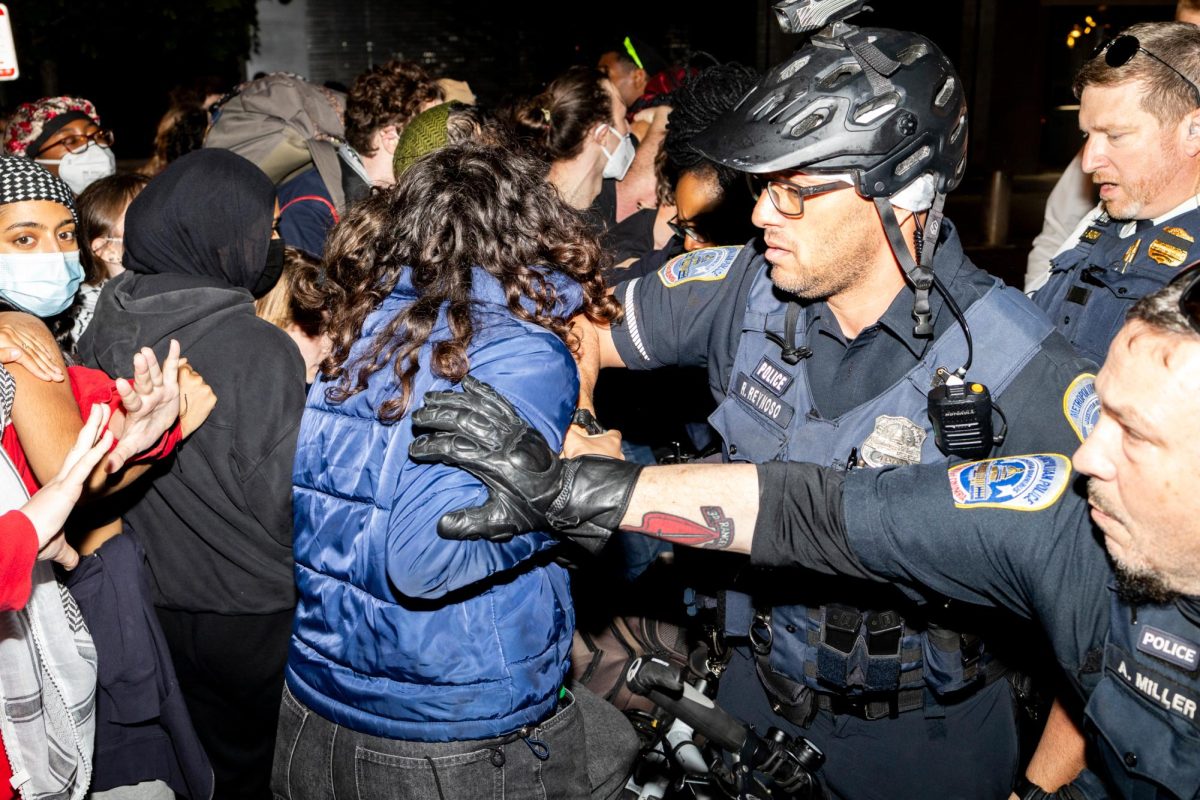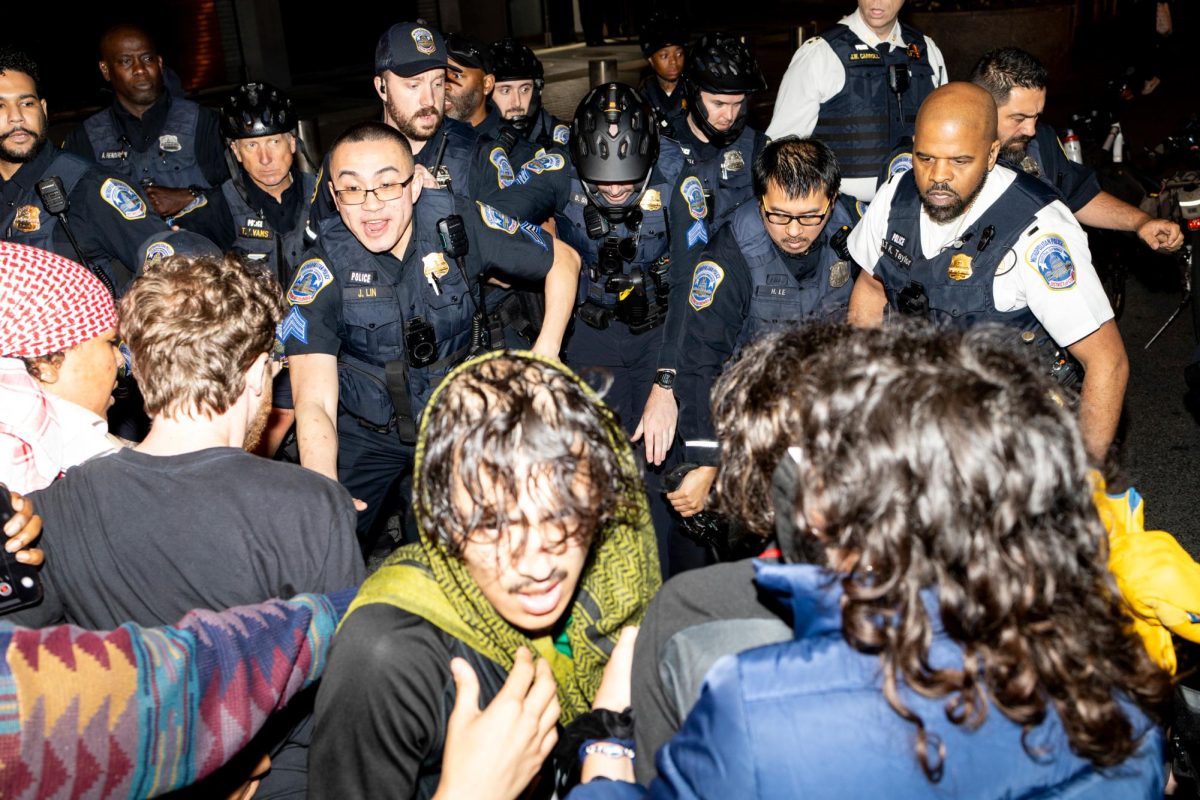Concerns over the allocation of a $5.4 million settlement prompted a federal judge on Tuesday to delay final approval of a class-action settlement against GW until May.
U.S. District Judge Richard J. Leon pushed back a final decision about a class-action settlement between the University and a group of students and parents who alleged GW violated contracts by failing to refund students who took online classes in spring 2020 during the COVID-19 pandemic. The decision to delay the final settlement decision came after Benjamin Heidloff and Matthew West, current GW Law students, objected to the settlement’s terms regarding attorney fees and plaintiff rewards during the hearing.
A parent filed the lawsuit against GW in May 2020, alleging that the University breached its contract by not partially refunding students who took online classes after officials made classes virtual in March 2020. After a D.C. District Court judge dismissed the case in March 2021, the U.S. Court of Appeals for the D.C. Circuit revived the lawsuit in March 2022.
Leon gave preliminary approval to the $5.4 million settlement in December. The settlement included $1,799,820 in attorney fees, a third of the settlement; $10,000 in service rewards and other reimbursements for the four plaintiffs; and $193 for every eligible student who studied online in spring 2020.
Heidloff and West, who were undergraduates at GW when classes moved online in spring 2020, said the attorney fees of $1,799,820 were “unreasonable” in an objection submitted to the court early last month. They said Leon should reduce attorney fees by 15 percent, to $1,530,000.
“The class did not consent to spending millions on litigation to recover fractions of a single credit hour,” Heidloff and West said in the brief.
In a filing that challenged Heidloff and West, the plaintiffs argued the 33 percent fees were reasonable and in line with prior rulings.
Heidloff and West said the attorney fees were $115,000 higher than fees charged in a similar class-action lawsuit against Brown University.
“These rate differences are arbitrary and significant,” Heidloff and West said.
Heidloff and West also said Leon should block the $10,000 payments to the four plaintiffs in the settlement, which would amount to the plaintiffs receiving 52 times more than other students in the class who studied online at GW in spring 2020 and would receive $193 each. They said this amount “well exceeds” how much class representatives receive in similar class-action settlements.
“The inequity of Class Representatives’ service awards compared to class members’ recovery and lack of specific facts alleged in support of the service awards show that the service awards should be denied,” Heidloff and West said.





